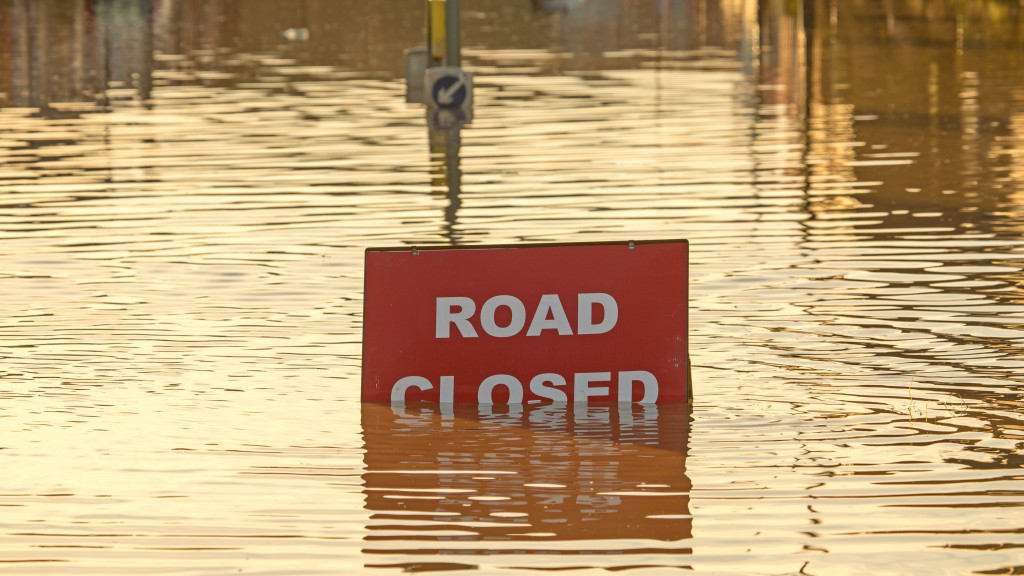- Understand your community’s needs and plan accordingly before seeking disaster preparedness funding.
- Collaborate with local businesses to maximize resources and gain visibility.
- Seek government grants and assistance through relevant programs like FEMA, HUD, & HHS.
- Utilize crowdfunding platforms or organize community fundraisers to raise funds for the cause.
- Employ charity accountants to manage funds and ensure transparent use of the resources.
In the ever-changing global climate, disaster preparedness has become more crucial. From hurricanes to wildfires, communities must be ready to respond to emergencies. To ensure this preparedness, funding is vital. While sourcing funds can be a daunting task, with strategic planning and concerted community efforts, it’s achievable. This guide offers five actionable tips to secure disaster preparedness funding for your community.
1. Understand Your Community’s Needs
Before diving into the funding world, getting a clear picture of your community’s needs is imperative.
Start by conducting a thorough risk assessment. This entails identifying potential disasters that might impact your community, from natural calamities to man-made crises. Once pinpointed the threats, estimate the resources required for immediate response and long-term recovery. By understanding your needs in-depth, you can tailor your funding requests more effectively, ensuring that potential donors or sponsors recognize the importance and urgency of their contributions.
2. Collaborate with Local Businesses

Local businesses are often keen to support community initiatives, especially regarding disaster preparedness.
Reach out to businesses in your area and present them with a comprehensive plan of how their funding can help safeguard the community — their customer base. In return, offer them visibility during community events or training programs, making it a mutually beneficial partnership. Additionally, some businesses may offer in-kind donations, such as equipment or supplies, instead of money. Welcome such contributions, as they can significantly reduce the overall costs of disaster preparedness initiatives.
3. Seek Government Grants and Assistance
Both local and federal governments often have provisions for disaster preparedness funding. Embrace these resources, as they can enhance the quality and reach of your initiatives.
Here are some tips for seeking government grants and assistance:
Identify Relevant Grants
Start by identifying relevant grants that align with your community’s needs. The Federal Emergency Management Agency (FEMA) offers various grants for disaster preparedness. You can also explore opportunities through the Department of Housing and Urban Development (HUD) and the Department of Health and Human Services (HHS). Spend time on their websites, understand eligibility criteria, and evaluate how each grant can benefit your community.
Prepare a Compelling Application
A well-prepared application can make all the difference. Emphasize the needs of your community and how the funds will be utilized to enhance preparedness. Use quantifiable metrics, if possible, to underscore the urgency of your request. Include a detailed budget showcasing how every dollar will contribute to disaster preparedness. Also, demonstrate your plan for efficient management of the funds.
Meet Deadlines and Requirements
Every grant has its deadlines and specific requirements. Missing a deadline can lead to immediate disqualification. Ensure that you adhere to the provided timeline and fulfill all the prerequisites. This may include necessary paperwork, permits, or endorsements. If you have any doubts, don’t hesitate to contact the grant-issuing agency for clarification.
Follow-up and Report Progress
After applying, follow up with the funding agency periodically. Once you obtain the grant, make sure to report progress regularly. Most funding agencies require periodic reporting to ensure the funds are being used as intended. Transparency and accountability in fund usage can also increase your chances of securing future grants.
4. Crowdfunding and Community Fundraisers

In the digital age, crowdfunding has become a potent tool for community projects.
Platforms like GoFundMe or Kickstarter allow communities to raise funds for specific projects. Create a compelling campaign detailing your community’s needs and how the funds will be utilized. Using videos, testimonials, and real-life stories can make your campaign more relatable and increase donations. Besides online crowdfunding, consider organizing community fundraisers like bake sales, charity runs, or auctions. Such events raise funds, foster community spirit, and increase awareness about disaster preparedness.
5. Proper Fund Management
With funds coming in, managing them effectively and transparently is crucial.
Employing charity accountants can be a game-changer in this aspect. These professionals are well-versed in managing and auditing funds for non-profit initiatives. They ensure that every penny is accounted for and used judiciously. Their expertise can also assist in tax exemptions, maximizing the utility of funds. Moreover, when potential donors or sponsors see that professional accountants manage your funds, it builds trust, making them more likely to contribute to your cause.
To Wrap It Up
Disaster preparedness funding, while challenging to secure, is crucial for the safety and resilience of communities. By understanding your community’s needs, collaborating with local stakeholders, seeking governmental assistance, harnessing the power of crowdfunding, and ensuring transparent fund management with charity accountants, you can effectively mobilize the resources needed to prepare for unforeseen disasters. With dedication and a strategic approach, your community can stand united and ready for any challenges that come its way.









